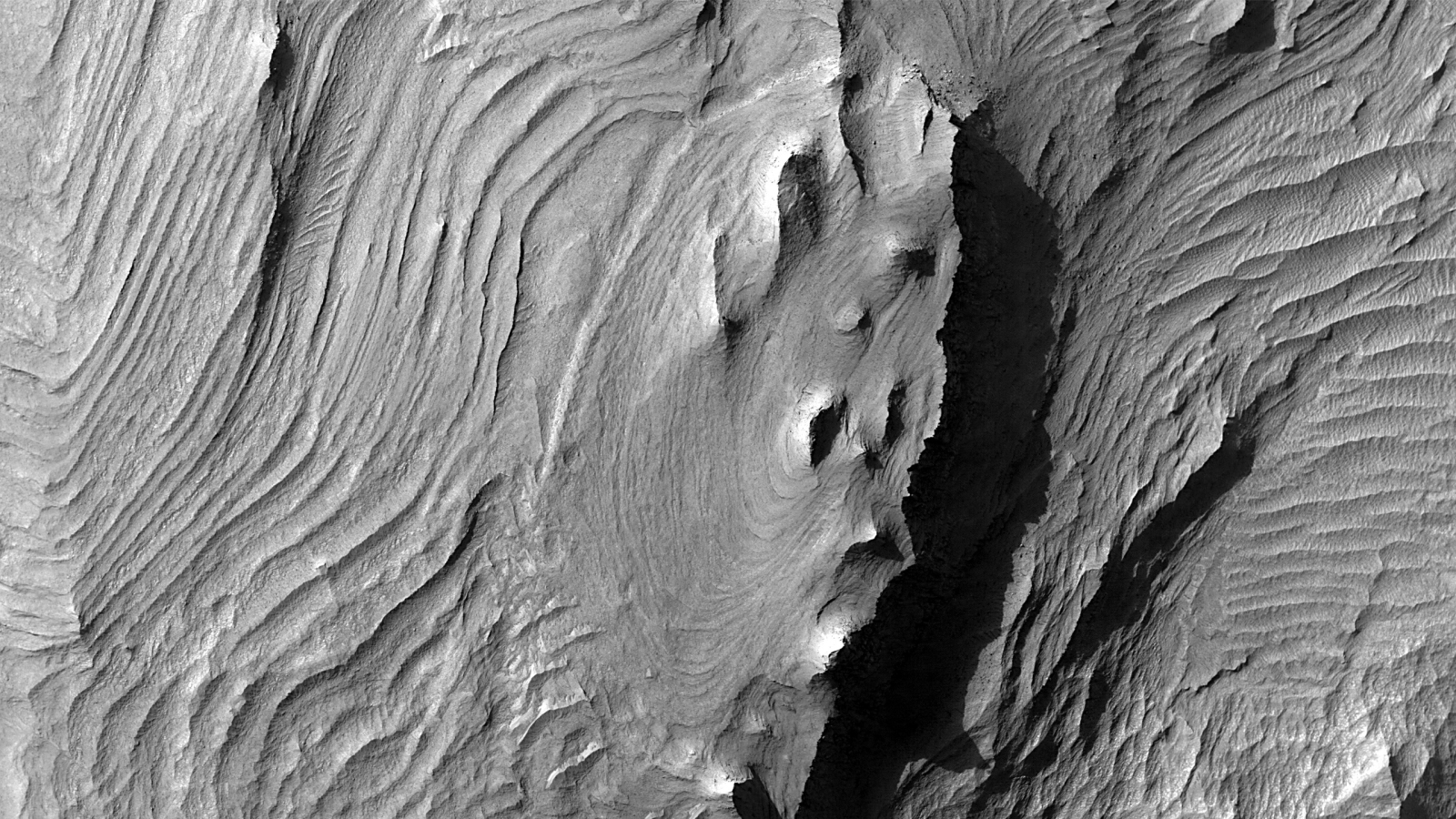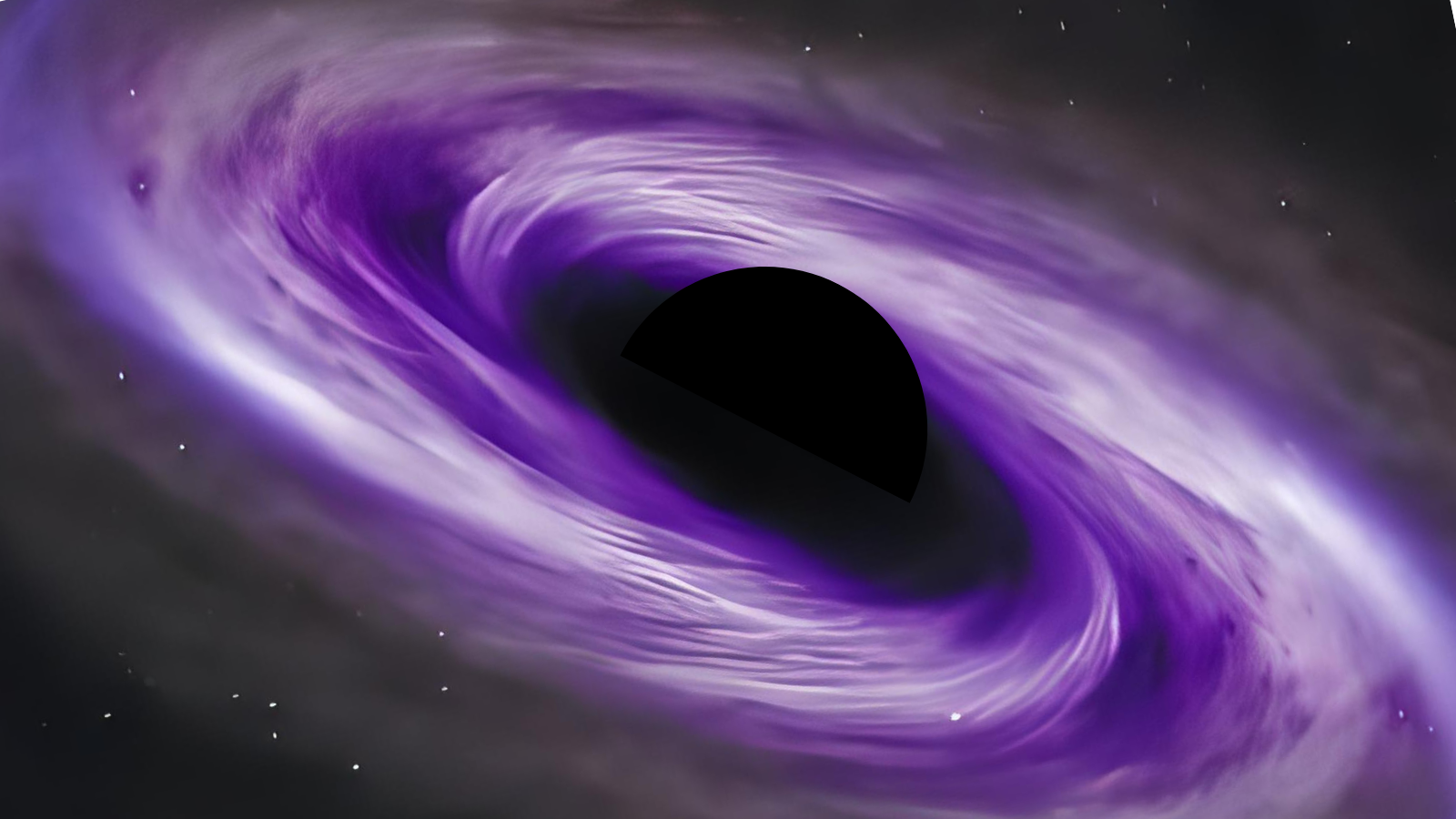The moon is starting to make a reappearance as we enter a new phase of the lunar cycle. The lunar cycle is a series of eight unique phases of the moon’s visibility. The whole cycle takes about 29.5 days, according to NASA, and these different phases happen as the Sun lights up different parts of the moon whilst it orbits …
Read More »Science
Jupiter’s core isn’t what we thought
The mystery at Jupiter’s heart has taken a fresh twist – as new research suggests a giant impact may not have been responsible for the formation of its core. It had been thought that a colossal collision with an early planet containing half of Jupiter’s core material could have mixed up the central region of the gas giant, enough to …
Read More »What is the world’s slowest animal?
Fast animals get plenty of attention for their incredible feats of speed. But what about animals that move at a slower pace? “We definitely are programmed to think that speed is good,” said James Maclaine, senior curator of fish at the Natural History Museum in London. “For a lot of animals, that doesn’t make any sense to them at all.” …
Read More »Do we all see the same thing? We looked at 100 years of research on perception and found something surprising.
Sign up for the Slatest to get the most insightful analysis, criticism, and advice out there, delivered to your inbox daily. It’s one of the deepest mysteries of the human mind: Do we all see the world the same way? In 1956, three social scientists set out to answer this question. From their offices at Northwestern University, Donald Campbell and …
Read More »SpaceX launches 33rd cargo-delivery mission to the International Space Station
SpaceX early Sunday launched its 33rd resupply mission to the International Space Station, sending up a Dragon capsule loaded with 2.5 tons of equipment and supplies along with an add-on thruster kit to help maintain the lab’s altitude. Perched atop a workhorse Falcon 9 rocket, commercial resupply mission 33 got underway with a sky-lighting launch from the Cape Canaveral Space …
Read More »The Climate Is Officially Getting So Bad That It’s Unrecoverable
The melting of Antarctic sea ice may be even worse than we realized. New research suggests that the region is experiencing rapid and abrupt disruptions that could represent a global climate “tipping point,” past which the effects of climate change become irreversible and accelerate in intensity. “Antarctica is showing worrying signs of rapid change across its ice, ocean and ecosystems,” …
Read More »Book Review: ‘The Martians,’ by David Baron – The New York Times
Book Review: ‘The Martians,’ by David Baron The New York Times ‘The Martians’ Review: There’s Something Out There The Wall Street Journal The Alien Craze that Captured Turn-of-the-Century America Air Mail We Keep Hoping We’re Not Alone. The Universe Keeps Saying, ‘Maybe’ Scientific American Review | He thought he found life on Mars — and sparked an alien craze The Washington Post Source link
Read More »Longest canyon in the solar system reveals new secrets — Space photo of the week
Mars’ Valles Marineris stretches nearly a quarter of the way around the planet’s equator. (Image credit: NASA/JPL-Caltech/University of Arizona) QUICK FACTS What it is: Candor Chasma, a large canyon on Mars Where it is: Valles Marineris, the biggest canyon network in the solar system When it was shared: Aug. 14, 2025 Mars has a huge network of canyons that stretches …
Read More »A Physicist Wants to Turn Jupiter’s Largest Moon Into a Gigantic Dark Matter Detector
When searching for the unknown, classic physics wisdom holds that a bigger detector boosts the chances of discovery. A physicist is taking that advice to heart, advancing a bold plan to use none other than Ganymede—Jupiter’s largest moon—as a dark matter detector on an astronomical scale. Dark matter refers to the “invisible” mass that supposedly constitutes 85% of the universe. …
Read More »Black holes that transform matter into dark energy could solve ‘cosmic hiccups’ mystery
In a new study, scientists began pondering a pretty wild question: What if black holes can convert dead star matter into dark energy, the mystery force driving the acceleration of the expansion of the universe? If so, then it just might explain a multitude of “hiccups” in our models of the universe. This new theory proposes that black holes could …
Read More »







